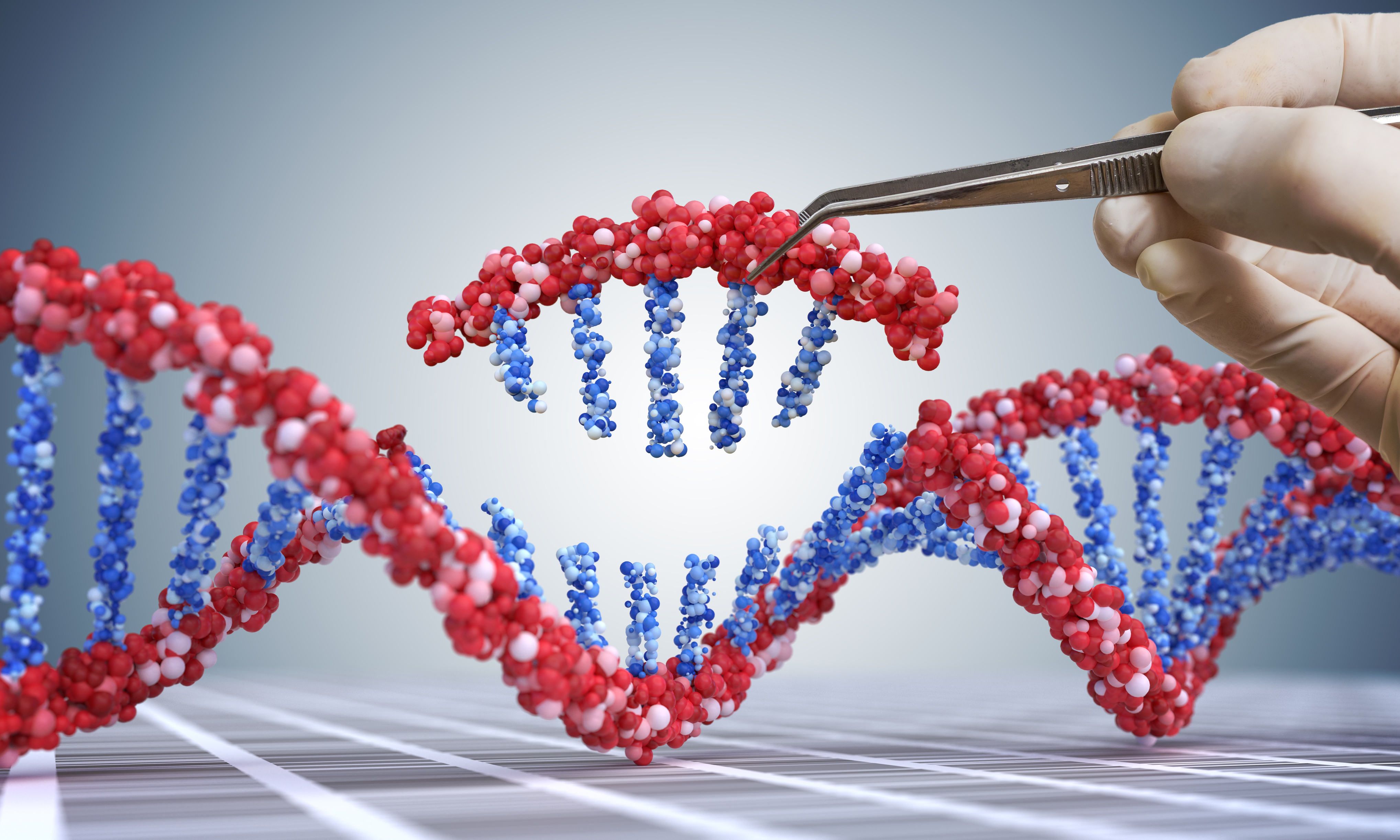China bans clinical research in germline genome editing as ‘irresponsible’
By Alcott Wei,
South China Morning Post
| 07. 13. 2024
China has banned all clinical research involving germline genome editing under a newly released ethics guideline.
Germline gene engineering relates to altering the DNA in sperm, eggs or early embryos to introduce changes that can be inherited.
“Any clinical research involving germline genome editing is irresponsible and not permitted,” according to the Ethical Guideline for Human Genome Editing Research, released earlier this week by China’s Ministry of Science and Technology.
The guideline marks the latest effort from China to tighten ethics reviews and regulations after bioscientist He Jiankui shocked the world in 2018 with the announcement that he had created twin gene-edited babies to make them less vulnerable to HIV/Aids.
“Only when benefits, risks and alternative options are fully understood and weighed, when issues of safety and efficacy are addressed, broad social consensus is reached and rigorous evaluation is conducted, could clinical research be considered with strict supervision in place,” the guideline adds.
It also strictly prohibits the use of genome editing research on germ cells, fertilised eggs, or human embryos for reproductive purposes.
“The potential detrimental impacts and risks...
Related Articles
By Peter Wehling, Tino Plümecke, and Isabelle Bartram
| 03.26.2025
This article was originally published as “Soziogenomik und polygene Scores” in issue 272 (February 2025) of the German-language journal Gen-ethischer Informationsdienst (GID); translated by the authors.
In mid-November 2024, the British organization Hope not Hate published its investigative research ‘Inside the Eugenics Revival’. In addition to documentating an active international “race research” network, the investigation also brought to light the existence of a US start-up that offers eugenic embryo selection. Heliospect Genomics aims to enable wealthy couples to...
By Dalton Conley, The New York Times | 03.13.2025
Since Francis Galton coined the phrase “nature versus nurture” 150 years ago, the debate about what makes us who we are has dominated the human sciences.
Do genes determine our destiny, as the hereditarians would say? Or do we enter...
By Jamie Ducharme, TIME | 03.06.2025
After struggling for eight years to have a baby, Shannon Petersen and her husband decided to try in vitro fertilization (IVF) in 2022. Their fertility doctor recommended a test that sounded like exactly what they needed. It promised to help...
By Jason Wilson, The Guardian | 03.03.2025
A natalist conference featuring speakers including self-described eugenicists and promoters of race science, apparently including the man behind a previously pseudonymous race-science influencer account, and the founder of a startup offering IQ screening for IVF embryos, will be held at...




